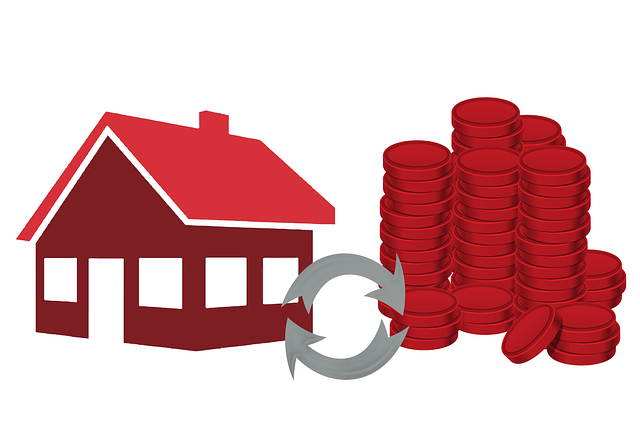Airbnb has disrupted traditional real estate by introducing short-term rentals, increasing accommodation access for travelers but reducing long-term options in popular destinations. To maximize Airbnb listing potential, owners should take high-quality photos, accurately describe amenities, use relevant keywords, and emphasize guest experiences with responsive service. Understanding legal and tax implications, including local regulations and compliance with income taxes, is crucial for optimal participation in the real estate market via online platforms.
“Unleash the potential of your property in the thriving world of short-term rentals! This article explores the transformative impact of platforms like Airbnb on global real estate markets. Discover how to strategically list and maximize your space, navigating the dynamic landscape with ease. From understanding market dynamics to legal and tax obligations, gain insights into successfully joining the Airbnb revolution. Elevate your real estate game and unlock new revenue streams.”
Understanding Airbnb's Impact on Real Estate Markets

Airbnb has significantly altered the landscape of real estate markets, providing a unique and disruptive force in the industry. The platform’s rise has changed how people travel and where they choose to stay, with far-reaching implications for traditional hospitality and property ownership. By offering short-term rentals, Airbnb has democratized access to accommodation, allowing property owners to monetize their spaces and potentially earn substantial income.
This shift has prompted discussions about the future of real estate investment and urban planning. In popular destinations, Airbnb’s impact is evident in the reduced availability of long-term rentals, as properties are often listed on the platform. This dynamic can influence local real estate markets, causing fluctuations in rental prices and potentially impacting affordable housing options for residents. Understanding these changes is crucial for both property owners and investors navigating the evolving real estate landscape.
How to List Your Property Effectively on Airbnb

When listing your property on Airbnb, start by taking high-quality photos that showcase its best features. A well-lit, clean, and inviting space will attract more guests. Describe your property accurately using all the relevant details, such as its size, amenities, and unique selling points. Highlight any nearby attractions or local experiences to make your listing stand out.
Use keywords related to real estate throughout your listing to improve search visibility. Mention factors like accessibility, comfort, and proximity to popular destinations. Encourage guests by emphasizing your responsiveness as a host and the ease of check-in and check-out processes. Regularly update your calendar and maintain good communication for a successful Airbnb experience.
Legal and Tax Considerations for Airbnb Hosting

When listing your property on platforms like Airbnb, it’s crucial to understand the legal and tax implications involved in the real estate sector. Hosting guests through these online marketplaces can bring significant income, but it also requires careful navigation of regulatory frameworks. Landlords and property owners must be aware of local laws and regulations regarding short-term rentals, which vary widely from region to region.
Tax obligations are another critical aspect. As a host, you may be responsible for paying taxes on the revenue generated from your Airbnb listing. This includes income tax, sales tax, or other levies, depending on your location. It’s essential to consult with an accountant or tax advisor who can guide you through these complexities and ensure compliance, thereby avoiding potential penalties and legal issues in the future.






